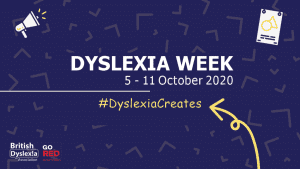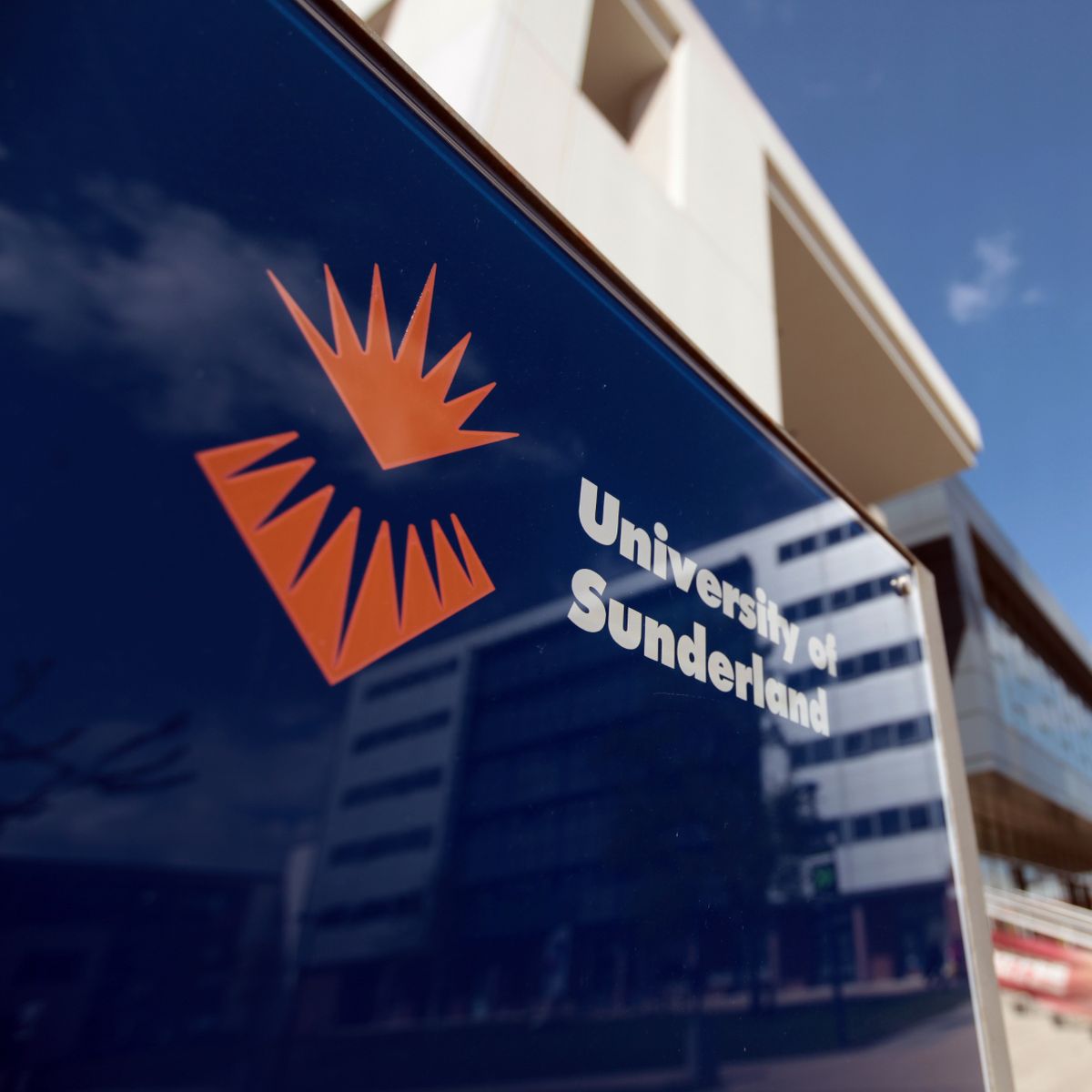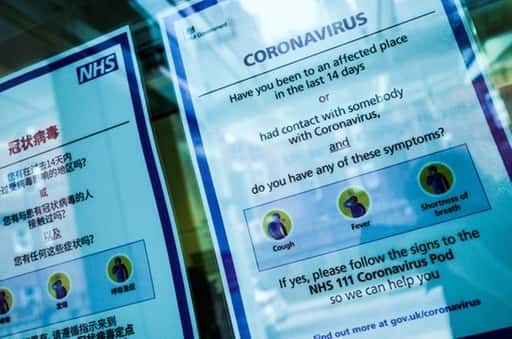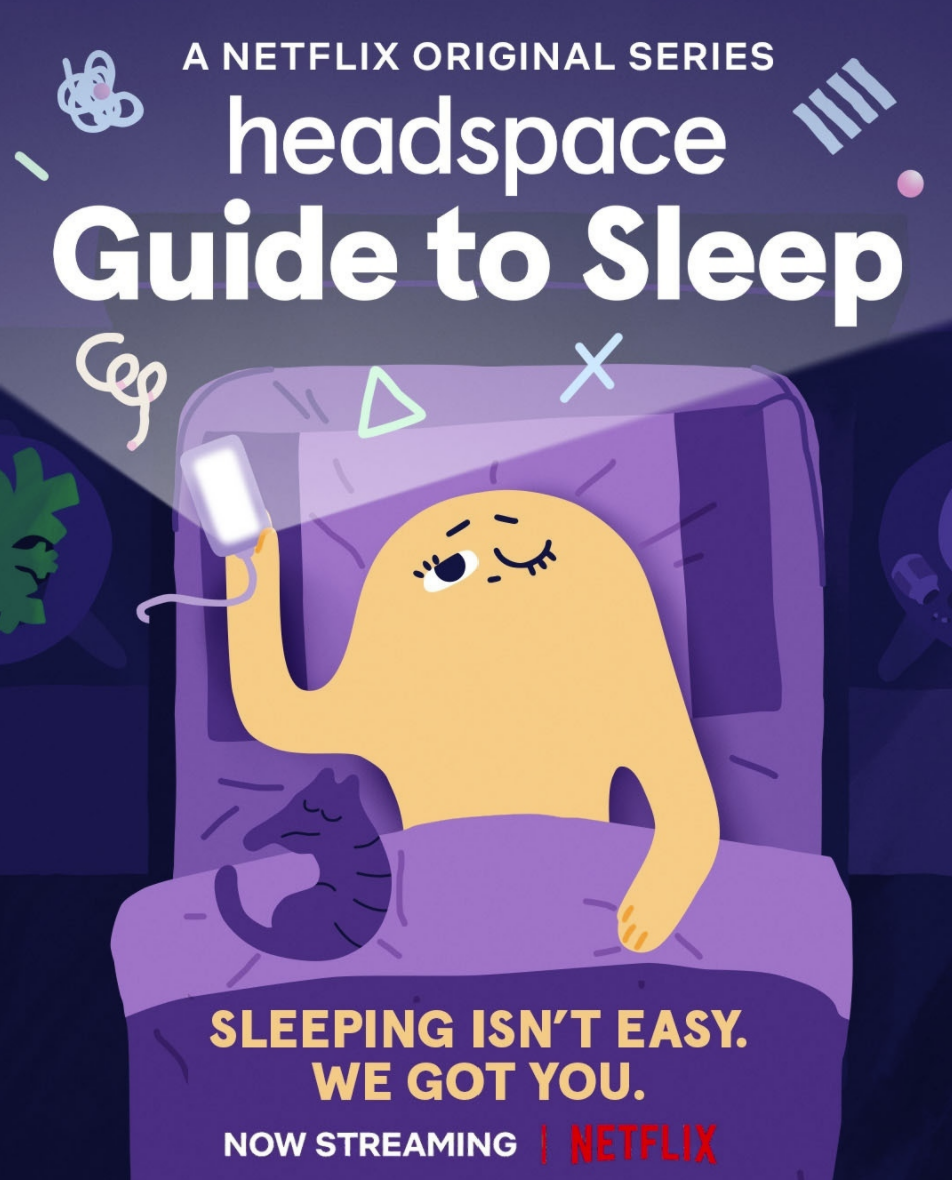IT is currently Dyslexia Week, and throughout this week the British Dyslexia Association will be focusing on the theme of dyslexia creates. Dyslexia creates artists, entrepreneurs and game changers, but it also creates prejudice, challenges and inequality.
 as
as
TEN to 15 percent of people are dyslexic, yet despite this, it is still a very misunderstood condition.
Dyslexia is a specific learning difference that brings both positive and negative traits. The reason it is called specific is because it only impacts on certain areas of an individual, rather than being a general learning difference that has an impact on all areas of someone’s performance. There is no connection between dyslexia and intelligence. Dyslexia occurs across all sectors of society.
Primary and secondary pupils across the country are missing out on essential support. Approximately 80 percent of individuals with dyslexia will leave school without a diagnosis, and with schools unlikely to fund dyslexia assessments, the only option for a lot of families is to pay £500-£700 for a private diagnosis.
Nick Posford, British Dyslexia Association’s CEO, has said: “This week we are shining a light on what dyslexia creates. It can create brilliantly creative minds that look at the world differently, giving us many artists, entrepreneurs and academics. But we know that it also creates a significant amount of challenges.
“80 percent of people with dyslexia leave school without a diagnosis, which is simply unacceptable.
“For some, the only option is private screening which can be extremely costly. We need the government to do more, and that is why we’re asking the British public to join our campaign.”
Mollie King, British Dyslexia Association Ambassador, TV & radio presenter and singer said in a statement: “Dyslexia creates many challenges, but it has also had a hugely positive impact on my life.
“I was fortunate enough to be diagnosed at the age of eight, and was given the support I needed from a young age. That’s why I’m supporting the British Dyslexia Association in their campaign to increase assessment, diagnosis and support in schools.
“Without this, so many children are left to face these challenges alone, and 80 percent of pupils leave school without a diagnosis. We can and must do better.”
The Covid-19 lockdown has also initiated greater inequality in educational support for children with dyslexia, students with special educational needs and disabilities will be the most impacted on a long-term basis by the school closures.
To get involved with the rest of Dyslexia Awareness Week and show your support, click here and use the hashtag #DyslexiaCreates to show how you’re getting involved online.



